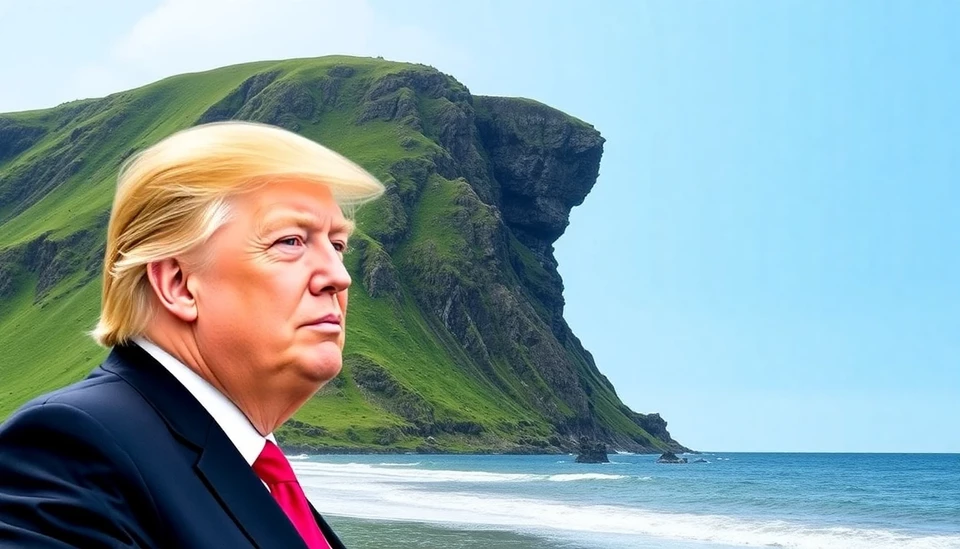
In a striking reflection of the repercussions of former President Donald Trump's environmental policies, New Zealand is showcasing the transformative impacts of a climate retreat era. This development raises concerns both domestically and globally about the long-term effects of prioritizing short-term economic gains over sustainable environmental practices.
The fallout from Trump's administration's decision to roll back numerous climate regulations has sparked a wide range of reactions. New Zealand, known for its rich biodiversity and commitment to conservation, is now experiencing challenges that can be traced back to the shifts in global environmental policies initiated during Trump's presidency. With its unique geography and vulnerable ecosystems, the country has found itself at a critical crossroads in managing both its natural resources and its environmental commitments.
Observers note that as policies are put in place to mitigate climate impacts, the lingering effects of the previous era are evident. Various stakeholders, including government officials, environmental advocates, and ordinary citizens, are sounding the alarm, indicating that efforts to combat climate change in New Zealand are being hampered by a combination of economic pressures and misguided governance reflecting external influences.
The discussion surrounding climate action has intensified, especially in light of several climate events that have unfolded over the past year. The New Zealand government is facing increasing scrutiny regarding how well it can respond to environmental degradation stemming from factors both within and outside its borders, ultimately questioning its commitment to international climate agreements.
As New Zealand moves forward, the juxtaposition of its climate ambitions against the backdrop of past political decisions reveals a complex narrative. The current governmental leadership is under mounting pressure to not only reaffirm its dedication to combating climate change but also to establish effective policies that reflect the urgent need for action. They are actively engaging in discussions regarding renewable energy, sustainable agriculture, and conservation efforts, all while considering how to balance economic growth with ecological preservation.
As the world watches, the implications of these changes resonate far beyond New Zealand's shores. This situation serves as a crucial reminder of the interconnectedness of global environmental policies and emphasizes the responsibility of nations to adopt more forward-looking, sustainable practices. The lessons learned from the climate retreat era, particularly during the Trump administration, are shaping dialogues worldwide on how societies can better prepare for future environmental challenges.
In conclusion, New Zealand's current predicaments underscore a critical turning point for not just its environmental policy, but for global climate initiatives as a whole. As countries rally to confront common challenges, there is an evident need for robust, coordinated efforts to lift the burden of decades-long retreat from climate action, ensuring that the future is marked by resilience and sustainability.
#ClimateChange #NewZealand #TrumpEra #Sustainability #EnvironmentalPolicy #ClimateAction #GlobalWarming #Ecosystems #Conservation
Author: Peter Collins




